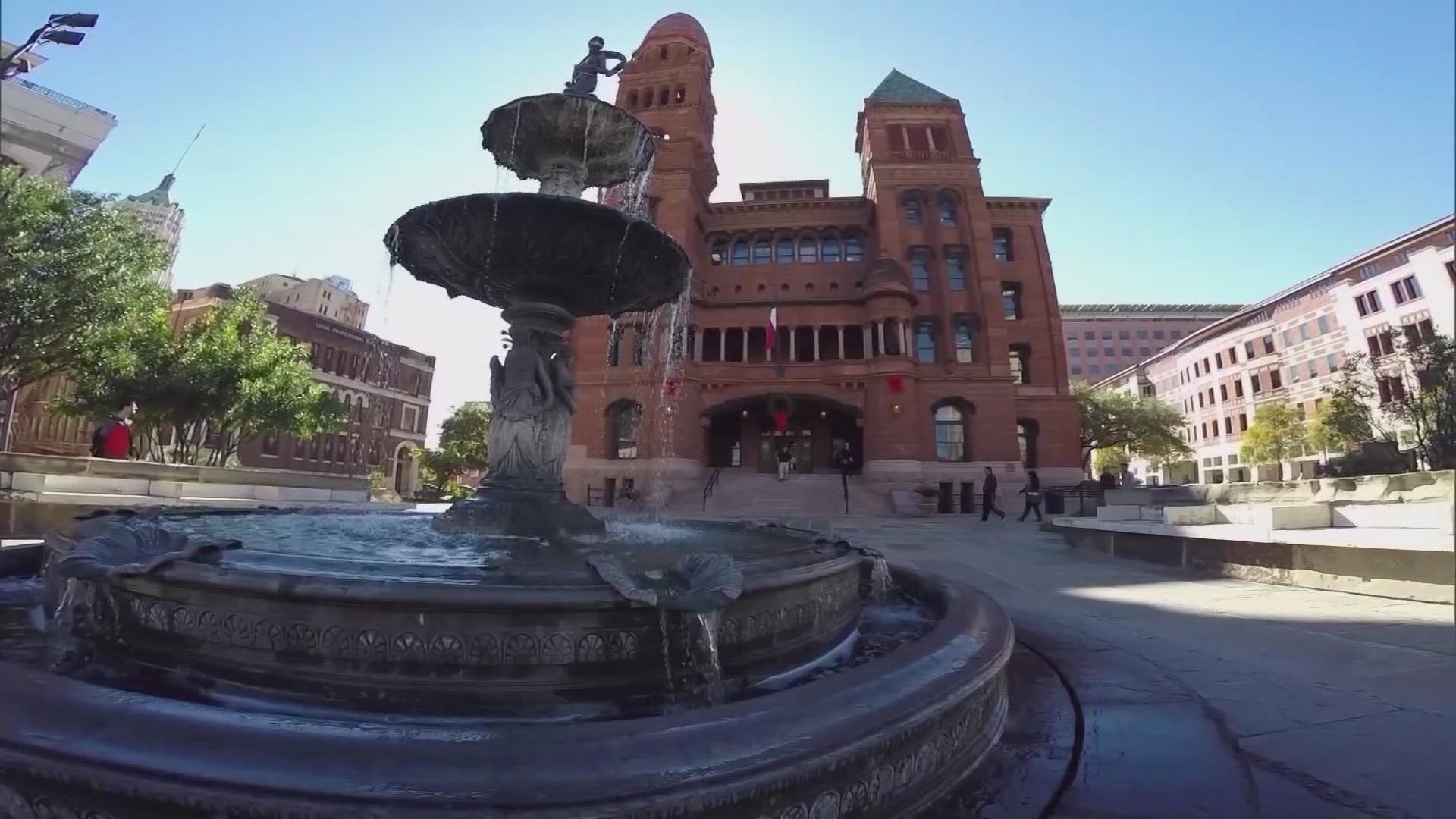SAN ANTONIO — The jury in the Andre McDonald trial was able to reach its verdict Friday afternoon only after the judge made a controversial move in the courtroom.
The jurors at one point were deadlocked, unable to agree on whether to convict the U.S. Air Force Reserve major of murder or manslaughter in the 2019 death of his wife, Andreen. They told Judge Frank Castro they couldn't reach a decision, to which he instructed them to reconvene via what's referred to as an Allen charge.
Lawyers have also nicknamed the maneuver a "dynamite charge." Some states technically don't permit judges to use it. The Allen charge essentially involves the judge ordering a split jury to go back, reconsider the evidence, talk to each other and come to a unanimous conclusion if they can.
The judge is not asking jurors to change their minds with an Allen charge, but rather simply reminding them that the alternative is restarting the whole trial with a new jury.
There's no reason to suspect attorneys would be more convincing in a second hypothetical trial, so with Allen charges the judge is essentially asking the original jury to spare them the trouble and expense.
But, as St. Mary's University law professor Bill Piatt explains, it's a risky move.
"More likely than not, there are a handful of holdouts saying, 'Not guilty,'" Piatt told KENS 5. "If it results, ultimately, in a guilty plea, the defendants are going to say, 'I was denied due process because the jurors were not allowed to deliberate. They were coerced into making a decision."
Allen charges give the defense a reason to ask another judge to throw out the guilty verdict. It's unknown whether McDonald's attorneys would want to appeal on these grounds at this point, given they successfully convinced the jury not to convict him of murder, but instead on the lesser charge of manslaughter. That carries a maximum prison sentence of 20 years, compared to life for those found guilty of murder.
The sentencing phase of the trial is set to begin Monday morning.
>MORE COVERAGE OF THE TRIAL:
>TRENDING ON KENS 5 YOUTUBE:

